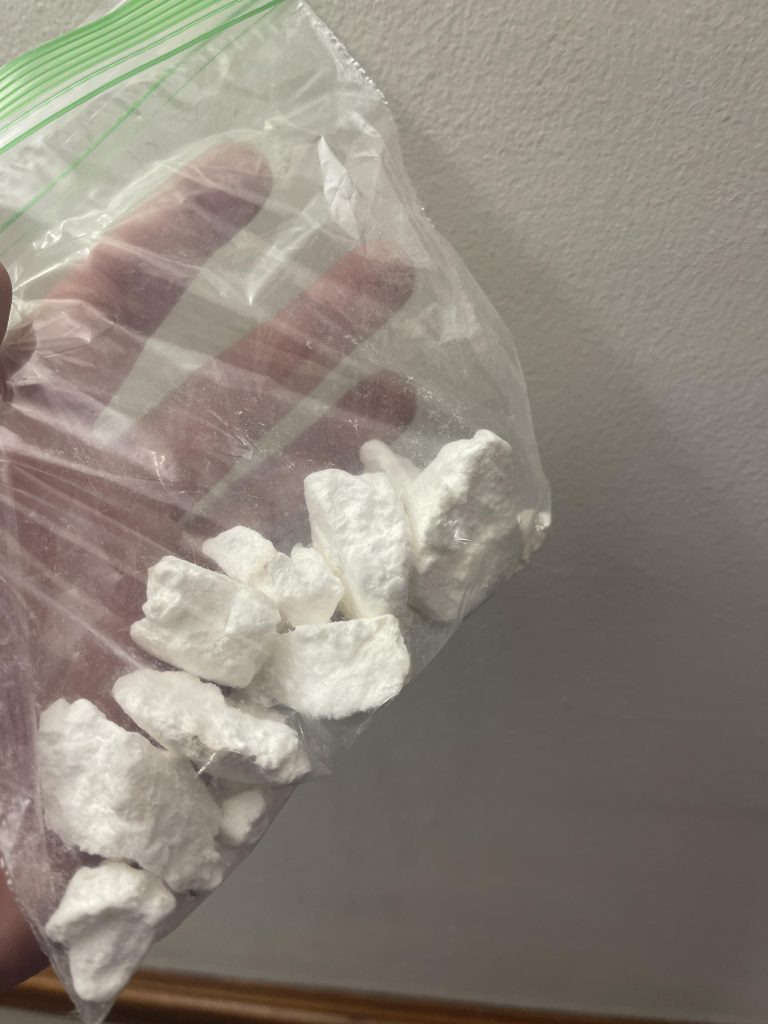No products in the cart.
Uncategorized
Difference Between Crack and Cocaine
What is Crack Cocaine?
Crack is most commonly made by taking cocaine and combining it with sodium bicarbonate, or baking soda, and water. That mixture is then heated to a boiling point, when it takes on its rock formation. When you think about what does crack look like, you can picture this rock broken up into smaller pieces, which is why crack has slang names such as “nuggets,” “hail” or “dice.”
Specifics of Cocaine and Crack
Cocaine is a hydrochloride salt in its powdered form, while crack cocaine is derived from powdered cocaine by combining it with water and another substance, usually baking soda (sodium bicarbonate). After cocaine and baking soda are combined, the mixture is boiled, and a solid forms. Once it’s cooled and broken into smaller pieces, these pieces are sold as crack.
However, there is a difference in the way that the drugs are taken. Powder cocaine is snorted, injected or swallowed, while crack cocaine is smoked. Thus crack cocaine tends to be cheaper, faster acting, and the high lasts for a shorter period of time, compared to inhaling powder cocaine. How quickly the effects are felt differs based on how it is taken, as do the ways in which the associated harms can be reduced.
The Main Difference Between Cocaine and Crack
Crack cocaine vs Pure Cocaine
Cocaine is a powder and crack is a rock. But the key difference between the two drugs is how they are taken. Cocaine has many options that include snorting, injecting, and swallowing. Whereas crack can only be smoked. The Drug Policy Alliance states that because of the many options for taking cocaine, the drug tends to be more expensive than crack.
“First, crack is smoked which increases the risk for addiction, in part, because of the quicker onset of effects. Second, being caught with crack places you at a higher risk for being sentenced because the law treats possession more severely than powder cocaine possession. Third, society tends to stigmatize it more than powder cocaine.”
Is One More Addictive Than The Other?
Since They are identical in terms of their pharmacology, neither is more addictive than the other. However, the intoxication from crackcoke comes on more quickly than cocaine and lasts for a shorter period of time, according to Cleveland Clinic. This means that because of the rapid high from crack, crack users are more likely to abuse the drug than powder users.

